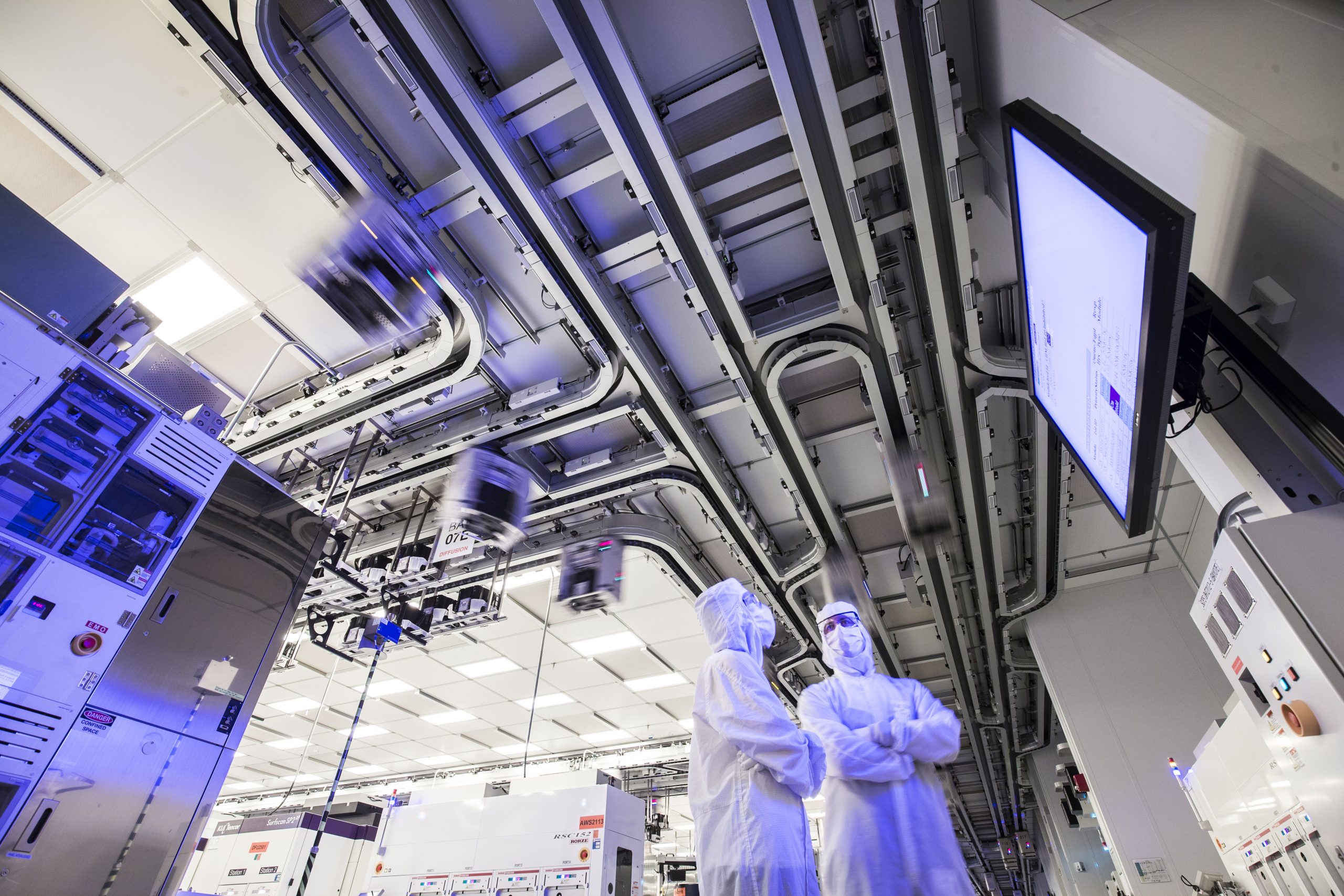US Chips Act Bars Companies From Expanding In China

Companies that receive funding under US’ $52bn Chips Act barred from expanding capacity in China for 10 years, amongst other restrictions
Companies accepting funds under the US’ Chips Act will be barred from expanding their manufacturing capacity in China for a decade, according to new rules.
The Biden administration on Tuesday. disclosed more details of the process for firms wishing to take part in the programme and called for applications.
The government is to begin accepting applications at the end of March, but officials said it was too soon to say when awards would actually be made as it depends on the applications and engagement with potential recipients.
The $39 billion (£32bn) fund is intended to encourage companies such as Intel and TSMC to carry out high-end chip production within the US, rather than in Taiwan, which makes more than 90 percent of the advanced chips bought by the US, according to commerce secretary Gina Raimondo.

Strings attached
An additional $13bn is to fund research and development and workforce advancement.
But the funds will come with strings attached, as the administration looks to counter China and ensure the programme achieves its objectives.
“Recipients will be required to enter into an agreement restricting their ability to expand semiconductor manufacturing capacity in foreign countries of concern for a period of 10 years after taking the money,” Raimondo said, without mentioning China by name.
Firms receiving the funds must also refrain from knowingly engaging in “any joint research or technology licensing effort with a foreign entity of concern that involves sensitive technologies or products”.
Last October the US similarly introduced export restrictions that prevent domestic companies from transferring technology to China, but the Chips Act restrictions could also apply to participating foreign companies.
No stock buybacks
Companies that receive more than $150m are to be required to return a portion of their profits to the government if their ventures are more profitable than expected and will be barred from using the funds for share buybacks or divident payments.
The latter are favoured tactics with companies such as Intel and Texas Instruments.
“This is about investing in our national security, not enabling these companies to use our money to increase their profits,” Raimondo said.
Companies applying for more than $150m will also have to outline how they will provide affordable childcare for workers, a move intended to ensure those with the appropriate skills will be able to fulfil their tasks in the United States.
“We need more people in the labour force. We right now lack affordable childcare, which is the single most significant factor keeping people, especially women, out of the labour force,” Raimondo said.